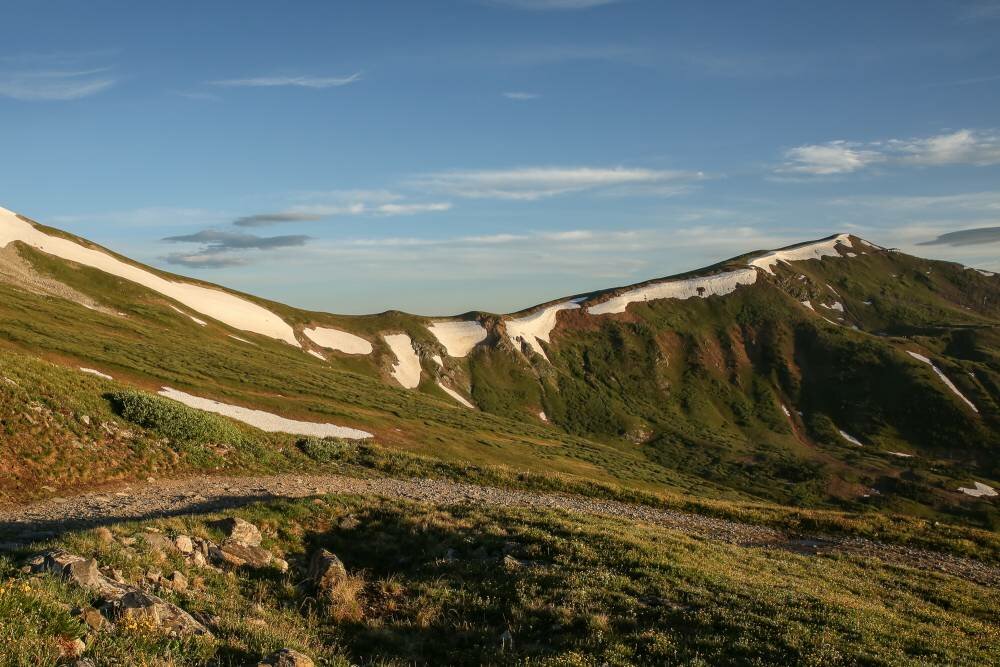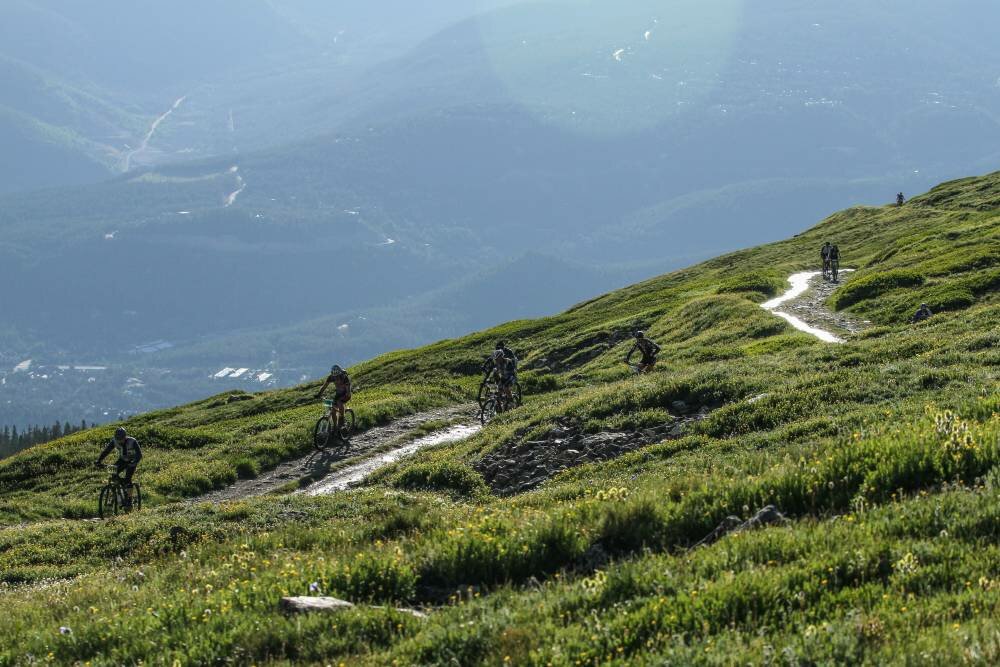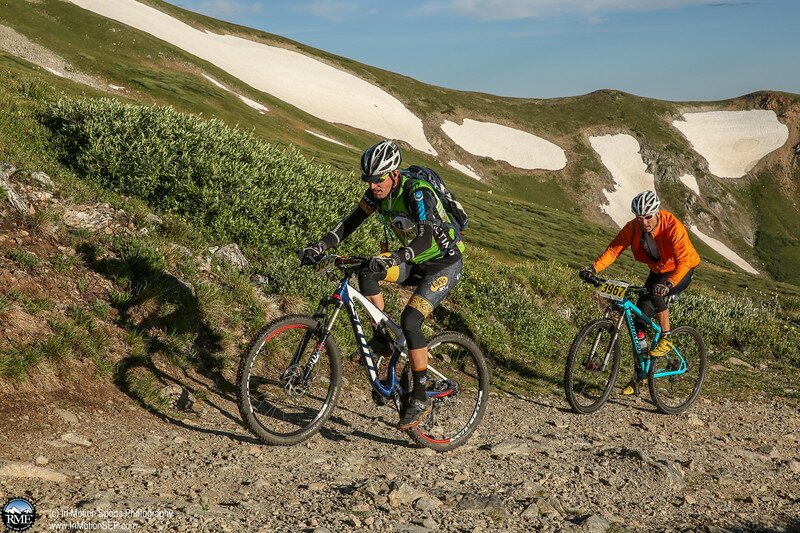It’s that time of the year to really start thinking about how you are going to get ready for bike season. I ask myself these questions every year: How many races I’m going to ride? How many miles do I want to conquer this year? And in general, I need to get in shape because it’s almost biking season! To help us all out, and selfishly myself, I had the pleasure of speaking with Scott Gurst, coach of the Boulder Mountainbike Alliance’s Brute Squad.

Scott Gurst has coached hundreds of mountain bikers, runners, and triathletes of all ages, helping them to attain higher levels of athletic performance, execute to their full potential, and achieve their goals. He has participated in numerous races from durations from 20 minutes to 24 hours, including the Breck 100 – 68 mile course. He is excited for the opportunity to share his experiences, and once again help the members of the Brute Squad train for optimum performance, prepare for the test of competition, and experience the fulfillment that comes from completing a challenging journey and attaining a goal that might not have been dreamed possible. For a full bio please follow this link: Brute Squad Coaches
Thank you Scott for the great insight!
What is the Boulder Mountainbike Alliance?
The Boulder Mountainbike Alliance’s mission is to serve as a positive voice for mountain biking in Boulder County, Colorado by improving the trail experience for all users through social rides and events, advocacy, and trail building. Find more info on our website: Boulder Mountainbike Alliance
What is the Brute Squad?
The Brute Squad (BMA Riders United in Training for Endurance) is a group training program designed to help its athletes achieve peak fitness in preparation for a mid-summer target race. This year our target races are the B-32, B-68, or B-100 at the Breck 100 on July 16th. The program is designed specifically to help build the strength, speed, and endurance required for long-distance rides, and addresses all aspects of performance necessary to execute to full potential on race day (nutrition and hydration strategies, pacing strategies, mental focus and resilience, etc.). Find more info on our website: Brute Squad

How do I even start training for the Breck 100?
Get out your calendar, and come up with a training plan. Figure out how much time you can spend per week, and set aside time on specific days for workouts. Having a regular schedule of workouts makes it easier to keep up with your training. Mix in longer, lower intensity rides (to improve muscular endurance) with shorter higher intensity intervals and hill repeats (to improve power and lactate tolerance). Come up with a plan that you are pretty sure you can stick with. You may want to involve family members in this process, as you have a much better chance of succeeding when you have their support.
How many practice races do you suggest competing in? What races and distances?
Your goal race should definitely not be your first race of the season. We learn from experience, and the more practice races you can do, the more experience you will acquire in dialing in all aspects of performance required to succeed on race day (e.g. hydration and nutrition plans, pacing, pre-race preparation, mental focus, etc.) I like to do at least 2 practice races, at least one of them being half to two-thirds of the expected elapsed time of the target race. Our Brute Squad practice races this year include 18 Hours of Fruita and a mid-season, mid distance race PV Derby on June 4th. I sometimes will even jump in on a 20-minute short-track race for practice. Even though it’s a lot different from an endurance race in many respects, it’s still good practice in dealing with some of the mental aspects of endurance racing, like managing discomfort. And, it’s a great workout.
How do you get over the intimidation factor of riding 32/68/100 miles?
Showing up on race day knowing that you trained well certainly helps. Once the race starts, the most important thing for me is to stay present. In other words, if I’m at mile 30, to not spend time thinking about how I did on mile 10, or how I am going to feel at mile 50. That takes away focus from the things I need to be doing in that moment in order to succeed (eat, drink, pedal, ride, breathe, relax, enjoy).
Know that during an event of this nature, if it is truly a challenge for you, there will almost certainly be low points. Also know that if you can weather the storm, push through those low points, and keep moving forward, you will most likely find out that you are more capable than you think.
Do you have any nutritional or insider experience tips?
Nutrition is a very personal thing, and I hesitate to recommend specific nutrition products or strategies. Whatever it is you believe about nutrition, you can probably find a study to support it. The key is to find out what works best for you by trying out different products and strategies in your training and practice races, and then sticking to your plan on race day.
From personal experience that I know I am able to hydrate better wearing a hydration pack than relying on bottles, and that I am more likely to eat better from a feedbag on my handlebars than if I have to stop and reach into my pack. But that’s just me.

What is your favorite part of the Breck 32/68/100 course?
For some reason, I really loved riding into Como. That said, if I can remind myself to look up every once in a while, it’s a really beautiful course almost the whole way. It also reminds me of one of my favorite race mantras, which is to “ride with gratitude”. Even if I’m not having the best day from a performance standpoint, I can remind myself how blessed I am to be able to have a really nice bike, a great group of riding partners, and enough health and fitness to be able to take on these challenges in really spectacular settings. And when I remind myself of that, I usually ride better.
Where do I find other riders to train with?
That’s why we started Brute Squad three years ago. It made it much easier to find like-minded individuals with whom to share long training rides and short intense hill workouts, which are things that would be much harder for me to accomplish on my own. Having a group to train with provides a lot more structure, accountability, and support.
What is your favorite part of mountain bike racing?
I like the speed, strategy, and tactics. I like the sense of community. I like the fact that it draws out of me a level of effort that I would never be able to achieve on my own if I were just out for a ride. And most importantly, I like the fact that it continues to challenge me physically and emotionally, offering opportunities to overcome my own doubts, flaws, and short-comings, and uncover the best version of myself.
